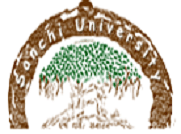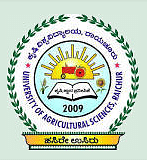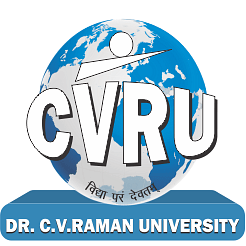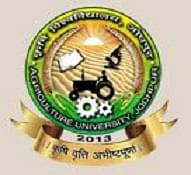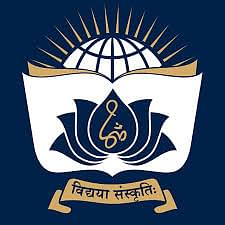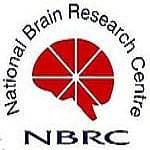Introduction
to PhD in Pure Mathematics
PhD in Pure Mathematics is an advanced academic degree focused on original research,
advanced theoretical knowledge, and the development of new mathematical
principles. This program is designed for individuals who have a strong foundation
in mathematics and wish to pursue research and academic careers. PhD students
in Pure Mathematics engage in rigorous coursework, comprehensive examinations,
and contribute new knowledge through their dissertation research.
Admission
Process for PhD in Pure Mathematics
The admission PhD in Pure Mathematics typically includes the following steps:
- Application Form:
Candidates must complete an application form, which is usually available
on the university's website.
- Academic Qualifications:
Applicants are generally required to have a master’s degree in mathematics
or a related field. Some programs may accept students with a bachelor’s
degree, provided they have exceptional academic records.
- Transcripts:
Submission of official transcripts from all previous post-secondary
institutions attended.
- Standardized Tests: Some
programs require GRE scores, particularly the Mathematics subject test.
- Letters of Recommendation:
Typically, three letters of recommendation from academic or professional
references who can attest to the applicant's capabilities and readiness
for doctoral study.
- Statement of Purpose: A
written statement outlining the applicant’s research interests, academic
background, and career goals.
- Curriculum Vitae (CV): A
detailed CV highlighting academic achievements, research experience,
publications, and other relevant activities.
- Interview: Some programs may require an interview,
either in person or via video conference, to assess the applicant’s
suitability for the program.
- Research Proposal: A
brief outline of the proposed research area or questions of interest may
be required at best college in Haryana.
Syllabus of
PhD in Pure Mathematics
The syllabus PhD in Pure Mathematics
varies by institution but generally includes a combination of coursework,
comprehensive exams, and dissertation research. Below is a typical structure:
Core
Coursework
- Algebra:
- Group Theory
- Ring Theory
- Module Theory
- Field Theory
- Homological Algebra
- Analysis:
- Real Analysis
- Complex Analysis
- Functional Analysis
- Harmonic Analysis
- Topology and Geometry:
- General Topology
- Algebraic Topology
- Differential Geometry
- Geometric Group Theory
- Number Theory:
- Algebraic Number Theory
- Analytic Number Theory
- Diophantine Equations
- Mathematical Logic and Foundations:
- Set Theory
- Model Theory
- Proof Theory
- Computability Theory
Elective
Coursework
Elective courses allow students to specialize
in specific areas of interest. These may include:
- Representation Theory
- Category Theory
- Algebraic Geometry
- Ergodic Theory
- Partial Differential Equations
- Combinatorics
Comprehensive
Examinations
- Written and/or oral exams covering major areas of mathematics to
assess the student's mastery of fundamental concepts.
Dissertation
Research
- Proposal: Formulation and approval of a research proposal.
- Research: Conducting original research under the supervision of a
faculty advisor.
- Dissertation Writing: Documenting research findings in a
dissertation.
- Defense: Public defense of the dissertation before a committee of
faculty members.
Seminars
and Workshops
- Participation in seminars, colloquia, and workshops to stay abreast
of current research developments and to gain feedback on ongoing research
projects at top college in Haryana.
Conclusion
A PhD in Pure Mathematics is a demanding but
rewarding program that prepares students for careers in academia, research, and
advanced industry roles. The rigorous training in theoretical mathematics,
combined with original research, allows graduates to contribute significantly
to the field and to solve complex problems across various domains.





